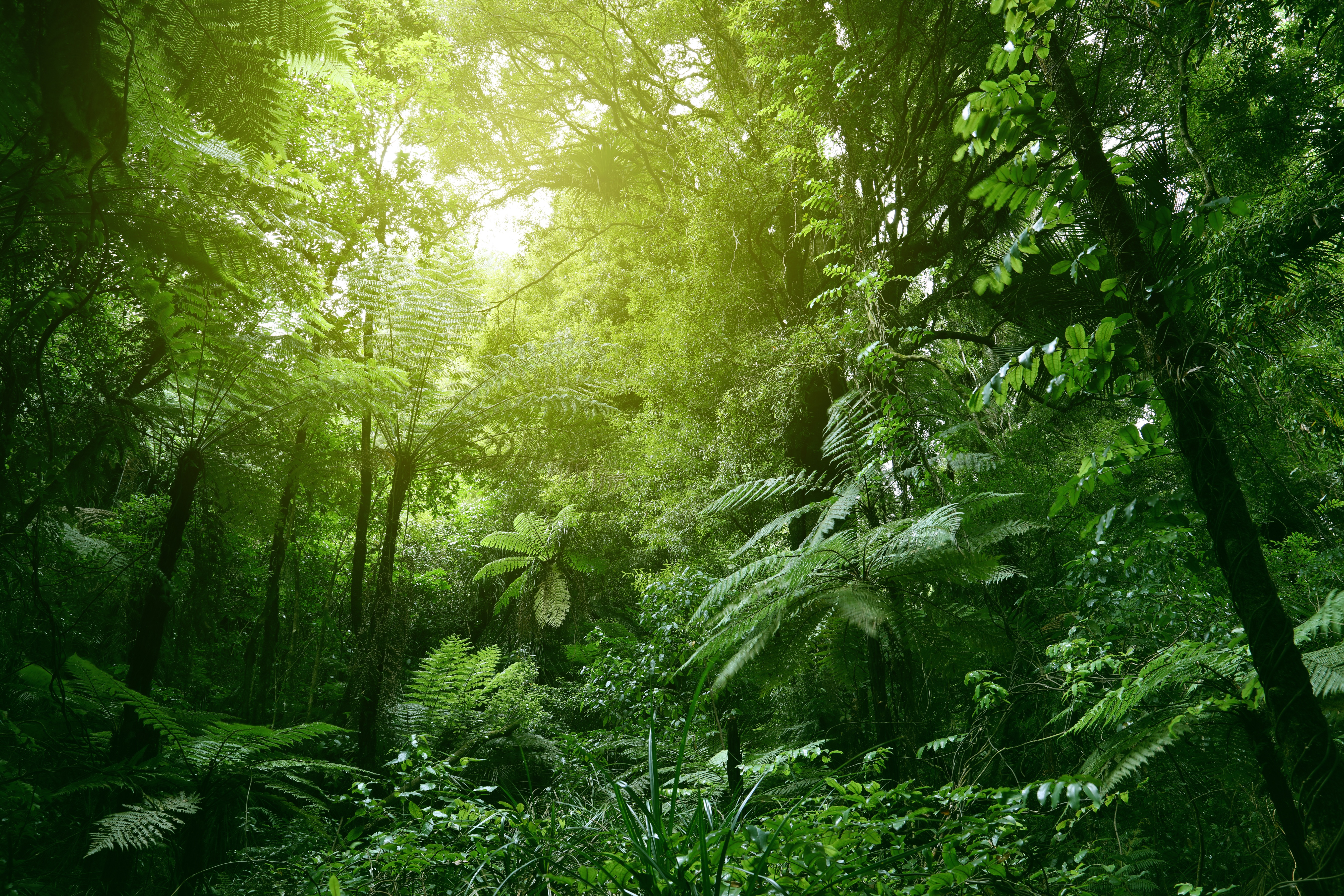Strategy:
From competition and extraction to collaboration and regeneration
In the circular economy paradigm, the role of strategy is changing.
Like in a forest ecosystem, the strategies of individuals and organisations in a circular economy take into account the broader ecosystem.

iStock licence
We move from competition and extraction to collaboration and regeneration.
Thinking in forest-like ecosystems raises the questions:
- What type of tree are we? What is our unique strength, essence and role in the larger ecosystem?
- What do we need to flourish?
- What can we give and contribute?
Here are some learnings from systems change in the New Plastics Economy initiative.
What is strategy, and why does it matter?
Strategy as a word stems from the Greek stratēgos and stratēgia and has its roots in the context of warfare. However, over the last decades, its meaning has evolved and is now often used in business, politics, sports, and psychology. A few prominent definitions are:
- “a plan of action designed to achieve a long-term or overall aim” Oxford Dictionary
- “a general plan to achieve one or more long-term or overall goals under conditions of uncertainty“ Wikipedia
- “...a set of guiding principles that, when communicated and adopted in the organization, generates a desired pattern of decision making”. Michael Watkins in HBR on strategy in the business context1
It’s important to note that while the term strategy historically has been associated with war and competitive win-lose thinking, it can also help us create bright collaborative futures if we interpret it in a modern way.
Once we see that life is not a zero-sum game and that we are living in an interconnected reality, ‘strategies’ as plans of action can help us achieve the thriving of all involved. Specifically, they can help us co-create futures where emergent forms of (artificial) intelligence, humans, animals and all types of species thrive together.
1 Michael D. Watkins in Harvard Business Review. https://hbr.org/2007/09/demystifying-strategy-the-what accessed on 9 April 2023
Sources:
Oxford Dictionary accessed on 9 April 2023
https://en.wikipedia.org/wiki/Strategy accessed on 9 April 2023
Michael D. Watkins in Harvard Business Review. https://hbr.org/2007/09/demystifying-strategy-the-what accessed on 9 April 2023
Sources:
Oxford Dictionary accessed on 9 April 2023
https://en.wikipedia.org/wiki/Strategy accessed on 9 April 2023
Michael D. Watkins in Harvard Business Review. https://hbr.org/2007/09/demystifying-strategy-the-what accessed on 9 April 2023